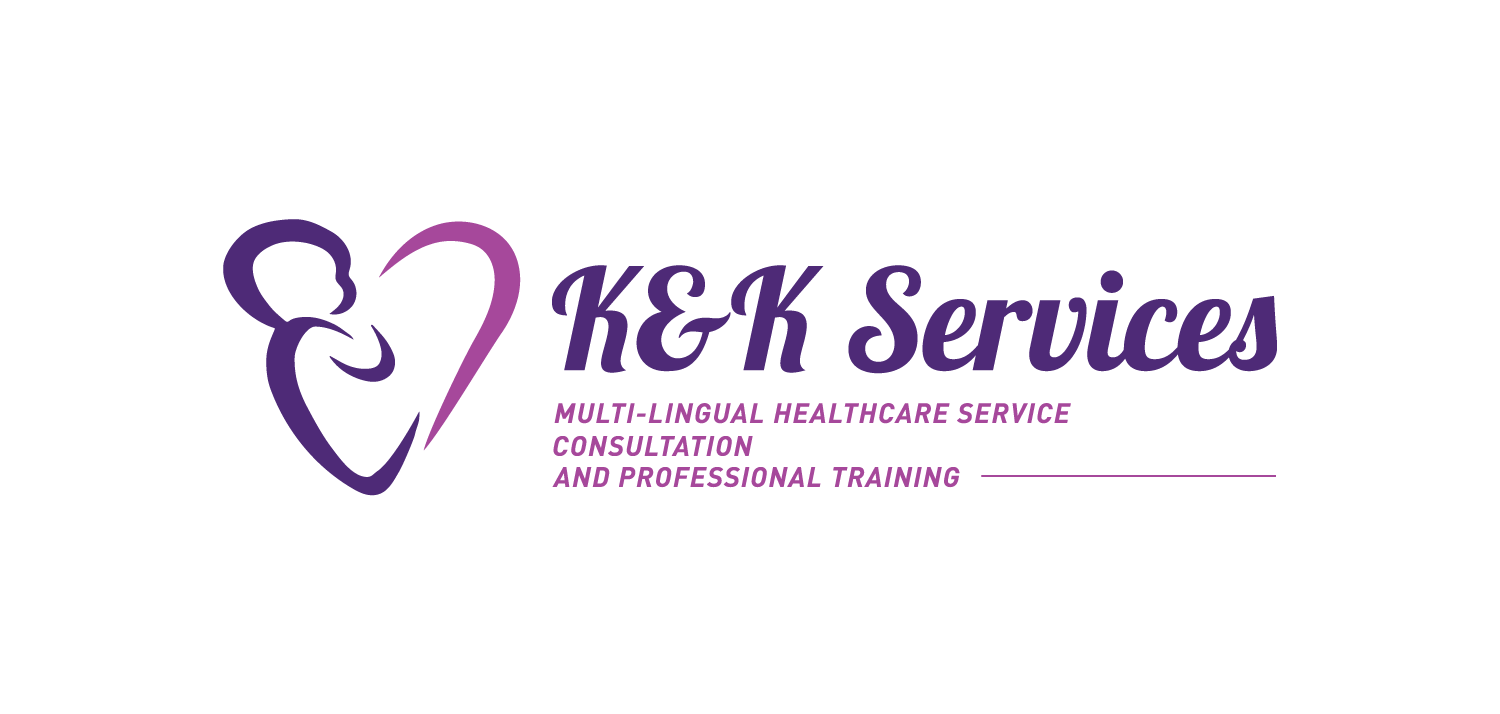4/23/25-The Quiet Urgency of Self-Care: A Survival Guide for New Caregivers
- shienamaypatriarca
- Apr 23, 2025
- 4 min read
Written by: Guest Blogger Cheryl Conklin

It’s hard to describe the moment you first become a caregiver. There’s no ceremony, no welcome packet, no one handing you a handbook with neatly bulleted advice. It just happens. A hospital discharge, a diagnosis, a shift in your parent’s gait, or your partner’s memory slipping at dinner. And just like that, you’re no longer just a daughter, a husband, a friend—you’re someone’s lifeline. But in that overwhelming storm of appointments, medications, and emotional weight, the person you forget to take care of most is you. And while it feels noble to sacrifice your own needs for someone else, ignoring your well-being is a fast-track to burnout. So, consider this less of a lecture and more of a conversation across the kitchen table—a quiet reminder that your health, your sanity, and your sense of self still matter.
Build Boundaries Like Your Life Depends on It
When you’re new to caregiving, it’s easy to say yes to everything. You feel responsible for all of it: every task, every phone call, every errand. But if you don’t carve out a hard edge between what you can do and what you should do, you’ll stretch yourself paper thin. Boundaries don’t make you selfish—they make you sustainable. Saying “I can’t come tonight” or “I need time before I answer that” isn’t failure; it’s strategy. Let people be uncomfortable with your limits. You’re not here to be a martyr.
Keep the Door Open for Your Future
It’s tempting to hit pause on your ambitions when caregiving demands so much of your time and mental energy, but your goals don’t need to go dormant. Thanks to flexible online degree programs, you can continue building your future without stepping away from your current responsibilities. Whether you're aiming for a new career or just want to expand your skills, options like an IT degree can equip you with valuable knowledge in areas like cybersecurity, networking, and tech support—all on your schedule. And for more information on how to make education work alongside caregiving, there are plenty of resources that can help you map out your path forward.
Don’t Make Resentment Your Shadow Companion
Here’s something no one talks about: caregiving can make you angry. You love the person, sure. But you’re also tired, lonely, and often invisible. If you don’t let that emotion out somewhere safe, it will find ways to leak into everything else—snapping at a nurse, ghosting your friends, crying in grocery store aisles. Make space to name the hard stuff without guilt. Therapy helps. So does a brutally honest journal or a brutally honest friend. Resentment thrives in silence. Air it out before it calcifies.
Redefine Rest—Because Collapse Doesn’t Count
Rest isn’t just sleep. Rest is watching something mindless without guilt. It’s saying no to social plans without the need to explain. It’s giving your nervous system a break, not just your body. Too many new caregivers only rest when they hit a wall. That’s not rest—that’s collapse. Aim for restoration, not just recovery. You deserve softness even when everything around you feels sharp.
Outsource What You Can, Even If It Feels Wrong
You might tell yourself, “They need me to do this.” And sometimes, that’s true. But often, what they need is for you to still be standing in six months. If there’s something you can hand off—grocery delivery, house cleaning, even having a friend sit with your loved one while you go outside—do it. You’re not failing by not doing it all. You’re investing in your longevity. The village exists. You just have to let it show up.
Relearn Joy Without Guilt
One of the hardest parts of caregiving is feeling like you’re not allowed to be happy. You might be sitting in a backyard laughing with friends when guilt taps you on the shoulder: You should be home. You should be doing more. But your suffering doesn’t fix anything. Your joy isn’t a betrayal. It’s a protest against despair. Seek out joy like your body seeks water. It’s not indulgent. It’s essential.
Let People In, Even When It’s Messy
You may think no one understands what you’re going through. And that might be true, to a point. But isolation is a liar. Let someone bring you soup, even if your sink is full of dishes. Let someone sit with you, even if you have nothing to say. You don’t have to curate your struggle for it to be witnessed. The right people won’t flinch at your mess. They’ll pull up a chair.
Caregiving will change you. That’s inevitable. But it shouldn’t erase you. If you feel like you’re vanishing beneath the weight of responsibility, that’s not a flaw—it’s a signal. It means it’s time to reclaim little pieces of yourself. That might look like writing, walking, dancing, painting, resting—whatever reminds you that you're still a whole person outside of this role. Because when you show up for yourself, you don’t just survive caregiving. You stay human through it. And being human is the most radical act of all.
Discover personalized healthcare solutions with K&K Services, where we offer multilingual support and specialized care to help you and your family thrive in health and happiness.




Comments